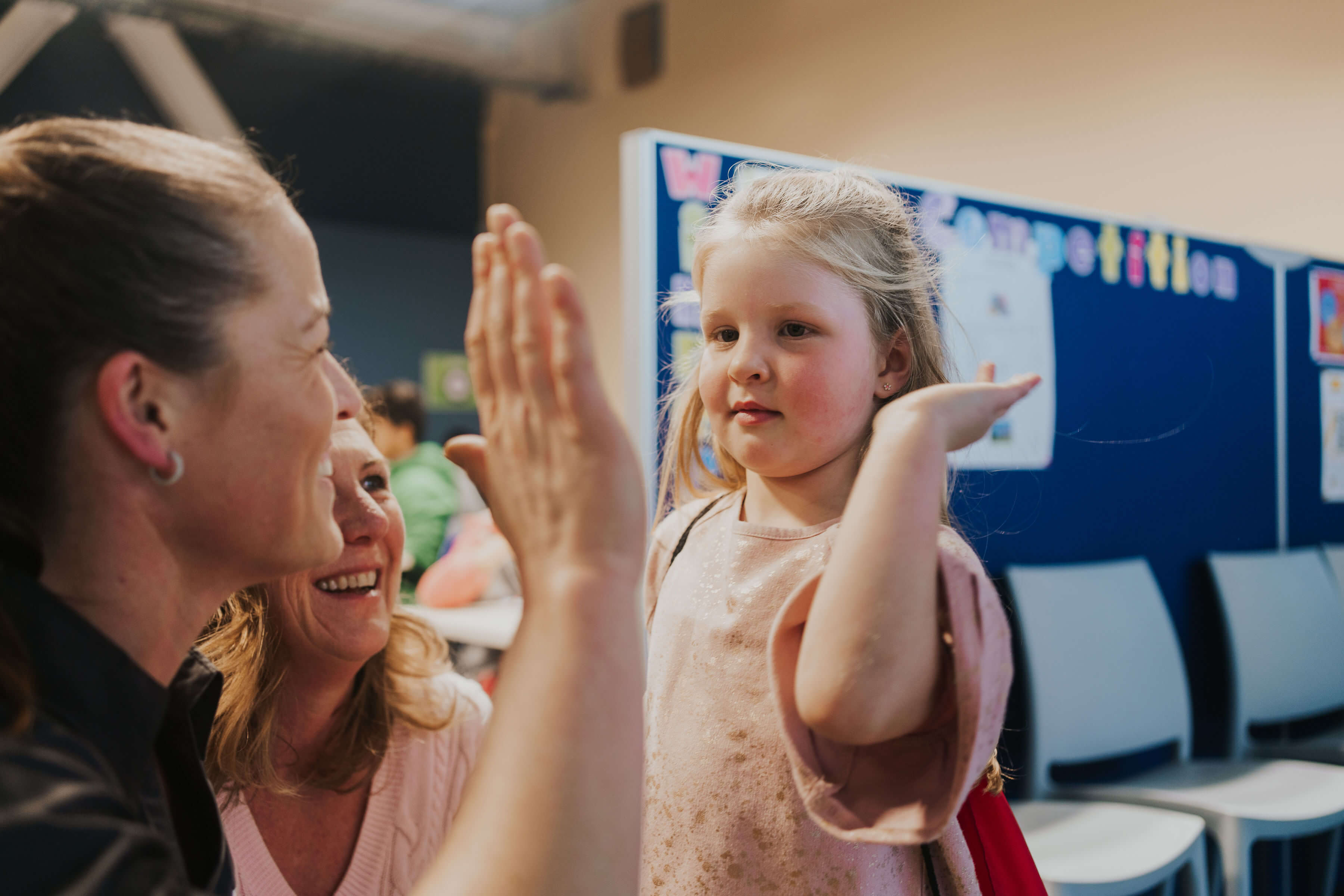Real-Life Skills to Learn
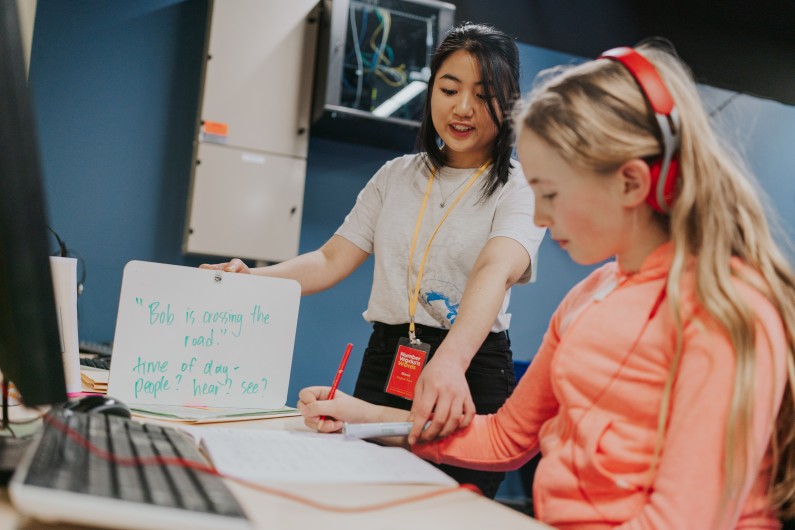
Real-life skills are the building blocks of success and fulfilment in an ever-evolving world. In today's rapidly changing landscape, it has become increasingly important to equip children with practical skills and abilities behavioural skills that extend beyond academic knowledge and skills.
While traditional subjects like math, science, and English remain essential, it is equally vital to nurture children's real-life skills, enabling children to navigate the complexities of adulthood with confidence, independence, and resilience.
When we talk about real-life skills, we refer to a diverse range of abilities that empower children to thrive in various personal, professional, and social domains. These very top life skills encompass communication, problem-solving, financial literacy, time management skills, basic first aid skills, collaboration, cooking, nutrition, creativity, critical thinking, digital literacy, and more.
By instilling these skills from an early age, we provide children with invaluable tools that not only shape their individual growth but also lay the foundation for a prosperous and fulfilling future.
In this blog, we will explore several real-life skills for children and how you as parents can help your child develop these skills.
Is your child struggling to keep up with schoolwork? Are they falling behind? Are they bored in class? Or are you looking for extension work for your child? Check out our eBook to learn more about how we help your child improve academically and build confidence through our in-centre after-school tuition.
Communication Skills
Effective communication is vital in all areas of everyday life now. Teaching kids verbal skills, such as active listening, clear speaking, and expressing thoughts, helps build strong interpersonal relationships and boosts their ability to convey needs and opinions confidently.
Moreover, focusing on nonverbal cues and interpersonal skills, like body language and facial expressions, enhances empathy and understanding of others' emotions, fostering better social interactions.
Problem-Solving Skills
Problem-solving skills are invaluable for overcoming challenges and making informed decisions. Encouraging critical thinking enables children to analyse situations, identify problems, and develop logical reasoning.
By exploring different solutions and evaluating consequences, kids enhance their problem-solving aptitude, becoming more resourceful in various aspects of everyday tasks. These decision-making skills help children weigh options based on values and priorities.
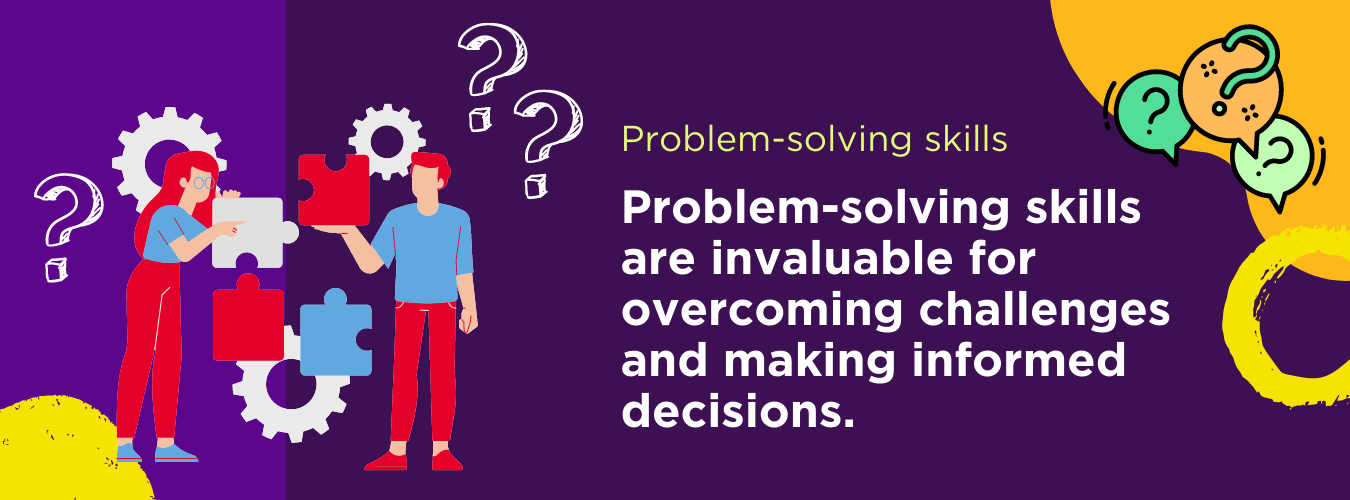
Financial Literacy
Introducing financial literacy to children equips children with essential money management skills early on. Concepts like budgeting, saving, and setting financial goals enable responsible spending habits and a better understanding of money. By distinguishing between needs and wants and saving money, kids make wise financial decisions, cultivate a saving mindset, and grasp the importance of long-term financial planning.
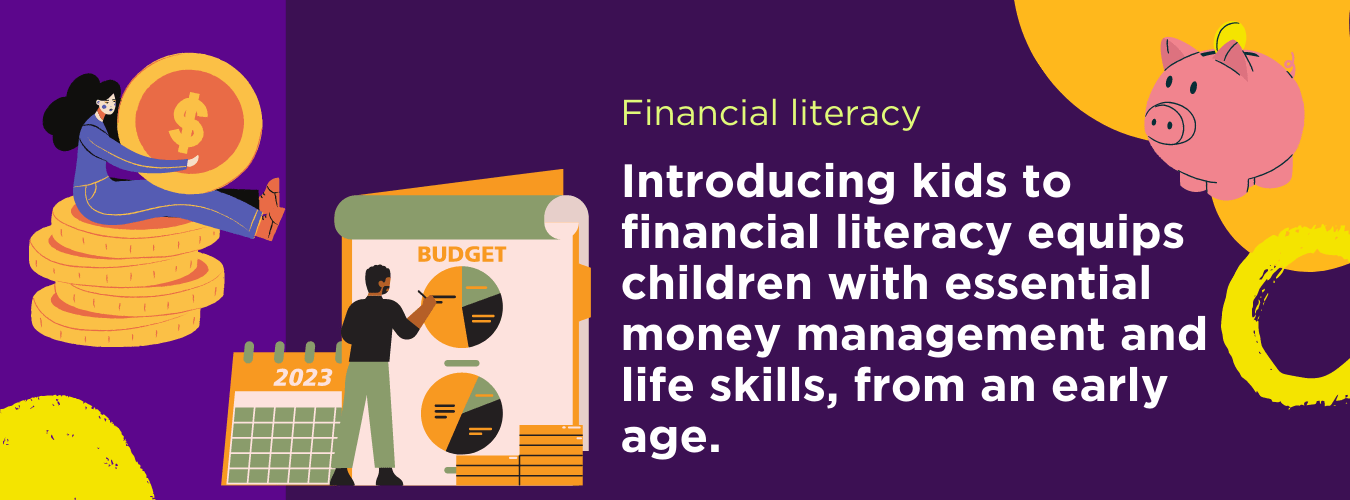
Time Management
Time management is vital for organising tasks, setting priorities, and achieving goals efficiently. Teaching children to prioritise activities based on importance and urgency helps children avoid procrastination.
Goal-setting breaks down complex tasks in personal life into manageable steps, fostering self-management, self-sufficiency, awareness-free time off, and self-awareness and motivation. Tracking progress and adjusting plans develop self-discipline and commitment.
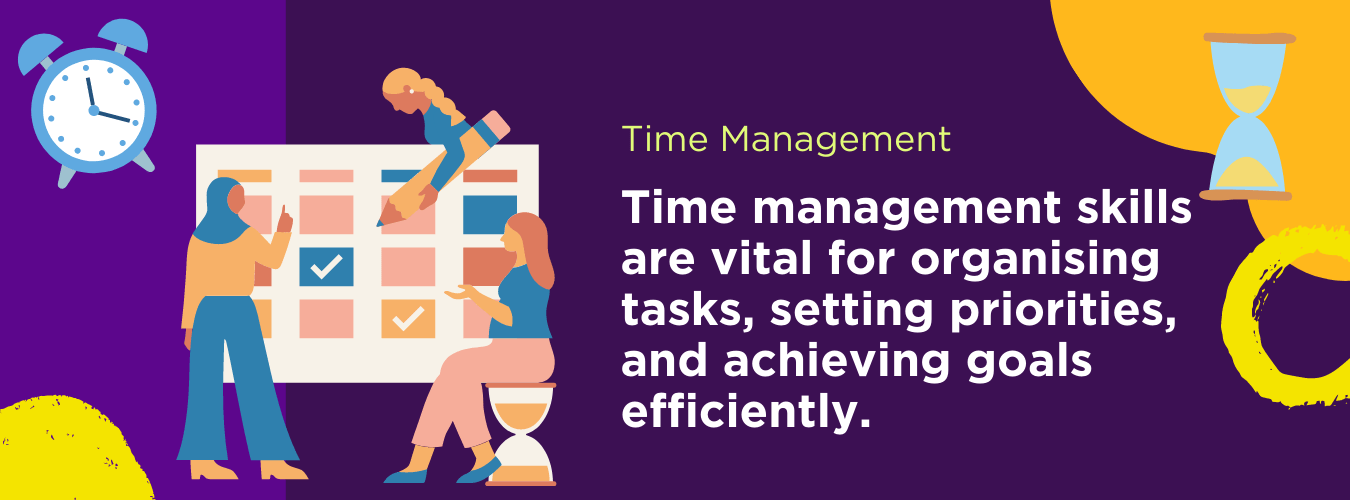
Basic First Aid and Safety
Teaching kids basic first aid and safety skills empowers children to handle emergencies and prioritise well-being. Recognising common injuries and illnesses allows children to respond appropriately and seek help when necessary.
Learning techniques, most important life skills like CPR instils confidence to assist others in critical situations. Understanding basic etiquette and safety measures fosters responsibility and self-awareness both in various personal and professional lives and environments.
Collaboration and Teamwork
Collaboration and teamwork skills are crucial for personal and professional success. Encouraging cooperation, compromise, and active listening helps children appreciate diverse perspectives and resolve conflicts amicably.
By taking responsibility and promoting effective teamwork, kids learn task delegation, communication within a team, and appreciation for others' contributions. Celebrating achievements and learning from failures fosters resilience and empathy.
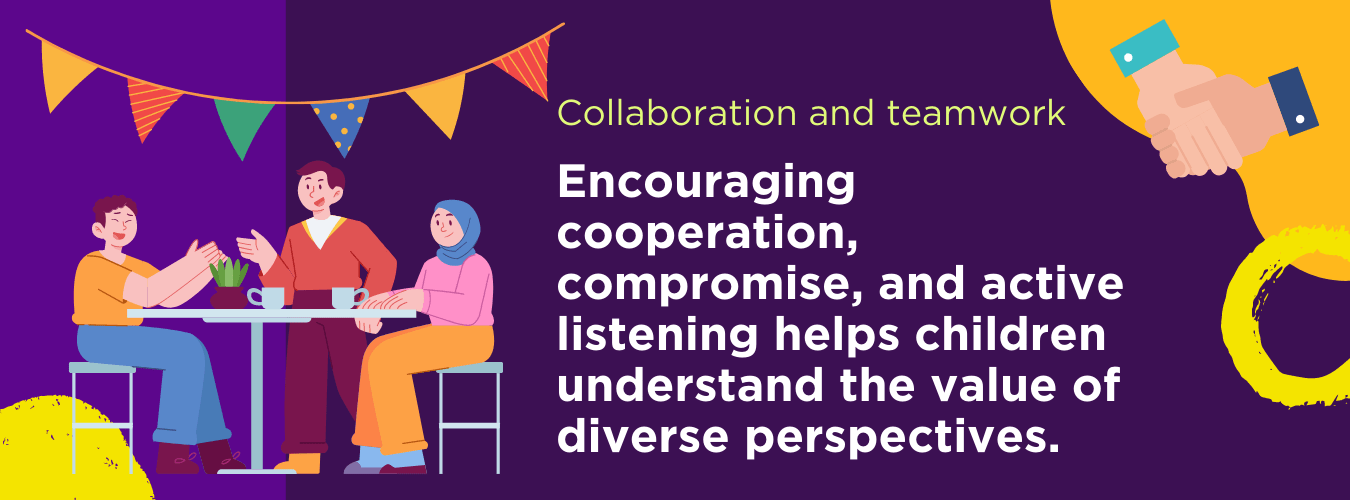
Basic Cooking and Nutrition
Introducing children to basic cooking and nutrition is a basic life skill and promotes healthy habits and self-sufficiency. Teaching kitchen safety ensures they handle utensils and appliances responsibly. Learning simple cooking techniques and balanced nutrition helps kids prepare nutritious meals independently. Meal and healthy meal planning and grocery shopping foster informed food choices and a lifelong appreciation for healthy eating.
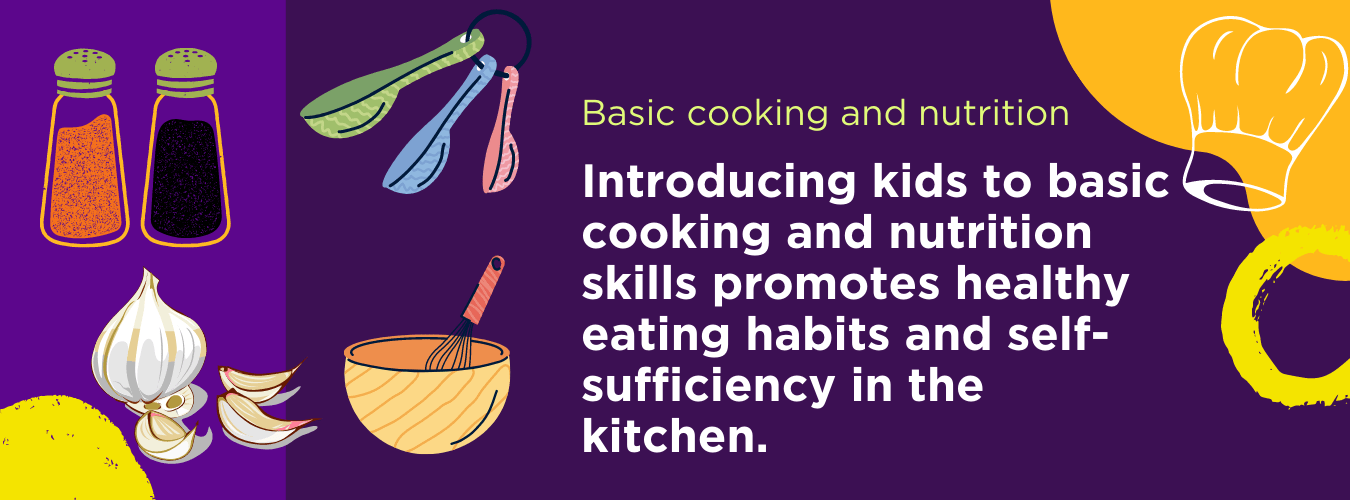
Creativity and Critical Thinking
Nurturing creativity and critical-thinking skills is essential for cognitive development and adaptability. Fostering imagination allows kids to explore interests and express themselves creatively. Engaging in arts and crafts develops innovation and resourcefulness. Critical thinking empowers children to question, analyse, and evaluate information, enabling informed decision-making and complex problem-solving.
Digital Literacy
In the digital age, equipping children with digital literacy skills ensures safe and responsible online navigation. Teaching internet safety, protecting personal information, and recognising cyberbullying and digital citizenship.
Basic computer technical skills, internet research techniques, and fact-checking abilities enable effective online information navigation and source reliability assessment. Responsible digital communication and etiquette foster positive online behaviour.
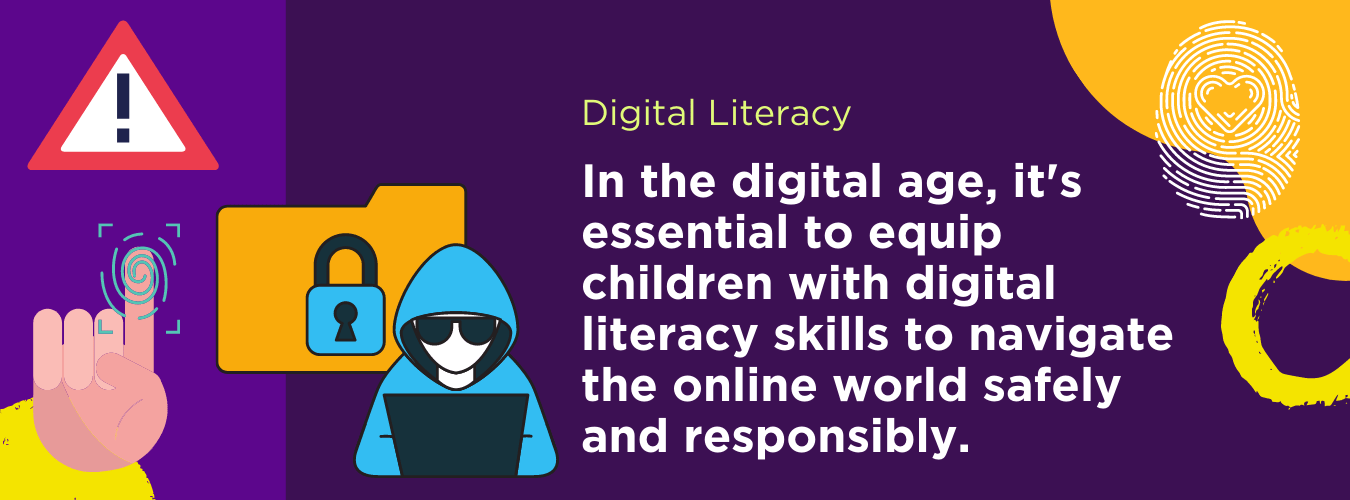
Resilience and Emotional Intelligence
Resilience and emotional intelligence are two critical real-life skills that are crucial for navigating the ups and downs of life and building meaningful relationships. Resilience refers to the ability to bounce back from setbacks, adapt to change, and thrive in the face of challenges. Teaching children resilience and social-emotional learning empowers children to embrace failure as an opportunity for growth, develop a positive mindset, and persevere in the face of adversity.
Emotional intelligence, on the other hand, is the capacity to recognise, understand, and manage one's own emotions and empathise with the emotions of others. By fostering emotional intelligence, children learn to regulate their emotions, express themselves effectively, and develop strong interpersonal skills. They become better equipped to navigate conflicts, manage time well, build healthy relationships, and communicate with empathy and understanding.
Developing real-life skills in children not only benefits their individual growth but also prepares children to make a positive impact on the world. These skills enable children to become active participants in their communities and contribute meaningfully to society.
Through their diverse backgrounds, using different life skills and fostering empathy, collaboration, and problem-solving abilities, children are equipped to address societal challenges, make new skills, build relationships, and work towards creating a better future.
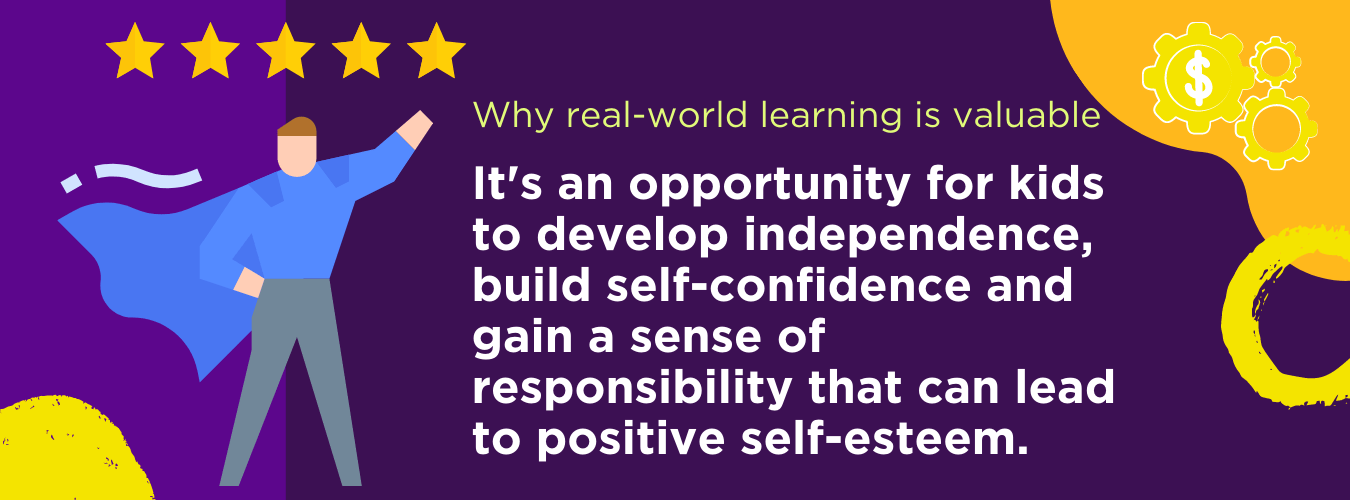
Furthermore, real-life skills provide children with a sense of empowerment and self-confidence. As they master these skills and apply children in practical situations, children develop a strong belief in their abilities and potential.
This valuable and important life skill of self-assurance translates into other areas of their lives, such as academics, dream jobs, extracurricular activities, and personal relationships. By gaining proficiency in real-life social skills first, children build a solid foundation for lifelong learning, adaptability, and success in their chosen endeavours.
At NumberWorks'nWords, we recognise the importance of real-life skills in a child's development. Alongside offering tuition for English and math, we also prioritise teaching essential life skills. Our comprehensive approach ensures that children not only excel academically but also gain the practical skills needed to thrive in the real world.
To learn more about our after-school tuition programs and how we integrate real-life skills, we encourage you to get in touch with your local centre and book a free assessment.
Invest in your child's future by providing children with the tools essential skills and knowledge they need to succeed in all aspects of life.




